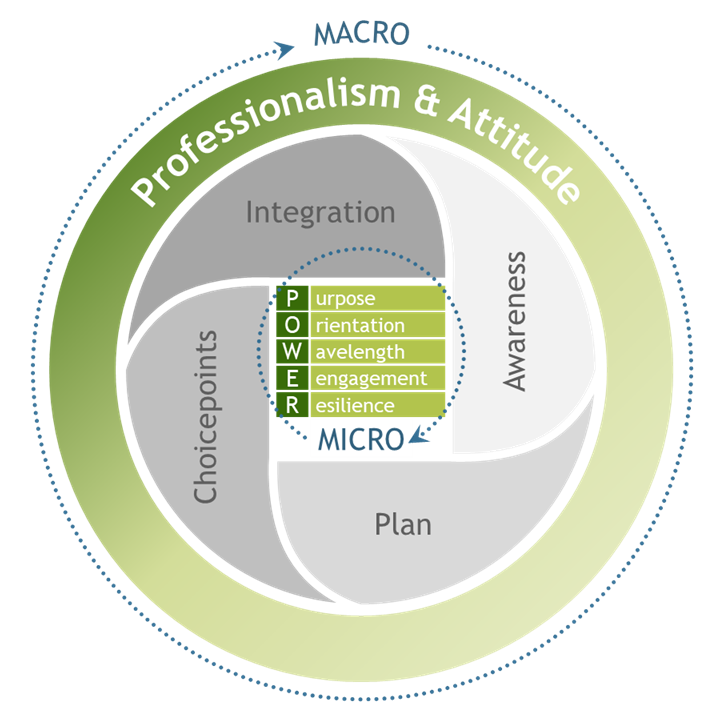Team Coaching
Are you leading a team and you want to increase the level of cohesion, psychological safety, and commitment to achieve more impact? Do you want to help teams who have just merged to speed up the building of trust and learning how to work together? Do you want to help a traumatized or dysfunctional team to heal and enjoy working together again? Our coaches integrate a systemic and group dynamic approach with the business experience of having led different kinds of teams themselves. In our work with teams, we follow an evidence-based approach. We collect data on how a team is perceived and how the members of the team perceive the effectiveness or their work together. We also blend in psychometric assessments to help team members to understand and appreciate the diversity of their peers and the group dynamics which result from it. Working with a team in the way that we do can be very intense, but it will always be very revealing and impactful. There are group dynamics going on between members of the team, between the coaches and the team and also between the coaches themselves. To address this appropriately, we always deliver this type of development journeys in a team of two coaches who will from time to time reflect back what they see as prevailing interaction patterns in the team. Our POWER model for highly effective team coaching is a common approach that we all share. It combines many years of practical experience in developing teams with profound research on highly effective teams.
Here is a description of the individual components of the model:
Awareness: Which data points need to be considered?
By means of structured interviews with team members and stakeholders, we will work out core aspects of the internal and external perception of your team. Also, we will make an effort to understand the narratives of your team and how they have influenced the group dynamics, decision patterns, and rituals exhibited today.
Plan: What do we want to achieve together?
In this phase, in addition to discussing our mutual expectations from this team coaching journey, we will develop a tangible target scenario for our joint effort. This may include improved team cohesion, deepened trust, and strengthened psychological safety with the goal to build a team which reaches its potential in terms of positive impact on your organization.
Choicepoints: Which tough decisions will you need to take?
This phase forms the core of our work. Each change in group behavior requires a conscious decision of the felt majority of the team as well as conditions in the team system that enable this new development to manifest. Sometimes, you as a team have to consciously let go of unconsciously established rituals and group norms in order to take the next step. We will mirror these behavior patterns back to you and support you in recognizing these to adjust.
Integration: How do you integrate the new learning into your daily life?
Actions speak louder than words. In this phase, the newly acquired perspectives as well as new patterns of behavior and communication will be actively integrated into the behavior repertoire of your team by practicing them and implementing them in your regular interactions – after all, the real work has to be done between coaching sessions!
POWER: Measuring the outcome of the team coaching journey
Our team coaching does yield results, and we evaluate them together against the attributes of highly effective teams which we have summarized in the acronym POWER:
- Purpose
- Orientation
- Wavelength
- Engagement
- Resilience
